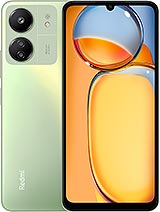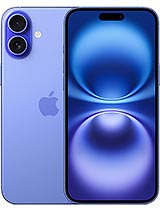Lava Yuva 2 alternatives
Tap above to see alternatives.
Vivo X200 Pro alternatives
Tap above to see alternatives.
Vivo X200 Pro

Vivo X200 Pro
-
Dimensity 9400
3 nm
-
6000 mAh
90W
-
6.78"
1260 x 2800 pixels
-
50 MP
8K@30fps
1x2.2 GHz Cortex-A76
3x Cortex-A76
4x Cortex-A55
1x3.63 GHz Cortex-X925
3x3.3 GHz Cortex-X4
4x2.4 GHz Cortex-A720
wide, f/1.8, AF
2 MP
macro
f/1.6, 23mm (wide), 1/1.28", 1.22µm, PDAF, OIS
200 MP
f/2.7, 85mm (periscope telephoto), 1/1.4", 0.56µm, multi-directional PDAF, OIS, 3.7x optical zoom, macro 2.7:1
50 MP
f/2.0, 15mm, 119˚ (ultrawide), 1/2.76", 0.64µm, AF
4K@30/60/120fps
1080p
f/2.0, 20mm (ultrawide)
1080p@30/60fps
SIM1: Nano, SIM2: Nano
SIM1: Nano, SIM2: Nano
FDD: N1, N3, N5, N8, N28
TDD: N40, N41, N77, N78
FDD: N1, N2, N3, N5, N7, N8, N12, N20, N25, N26, N28
TDD: N38, N40, N41, N66, N77, N78
FDD: N1, N3, N5, N8, N28
TDD: N40, N41, N77, N78
FDD: N1, N2, N3, N5, N7, N8, N12, N20, N25, N26, N28
TDD: N38, N40, N41, N66, N77, N78
In this comparison, the Vivo X200 Pro with the Mediatek Dimensity 9400 (3nm) performs better than the Lava Yuva 2 with the Unisoc Unisoc T760 (6nm), thanks to its more efficient chipset.
The Vivo X200 Pro offers 4 years of OS updates, while the Lava Yuva 2 provides 1 years. When it comes to security updates, Vivo X200 Pro leads with 5 years of support.
Vivo X200 Pro has a superior AMOLED display, while Lava Yuva 2 uses an LCD panel. Moreover, Vivo X200 Pro offers a higher 120 Hz refresh rate for smoother scrolling. Vivo X200 Pro also has a brighter display with 4500 nits, improving outdoor visibility. Notably, Vivo X200 Pro has a higher resolution display, resulting in sharper visuals.
Vivo X200 Pro has a larger 6000 mAh battery for longer usage. Vivo X200 Pro supports faster wired charging at 90W. Vivo X200 Pro supports wireless charging at 30W, while Lava Yuva 2 lacks this feature.
Vivo X200 Pro has an IP69 rating, while Lava Yuva 2 lacks official water and dust resistance.











